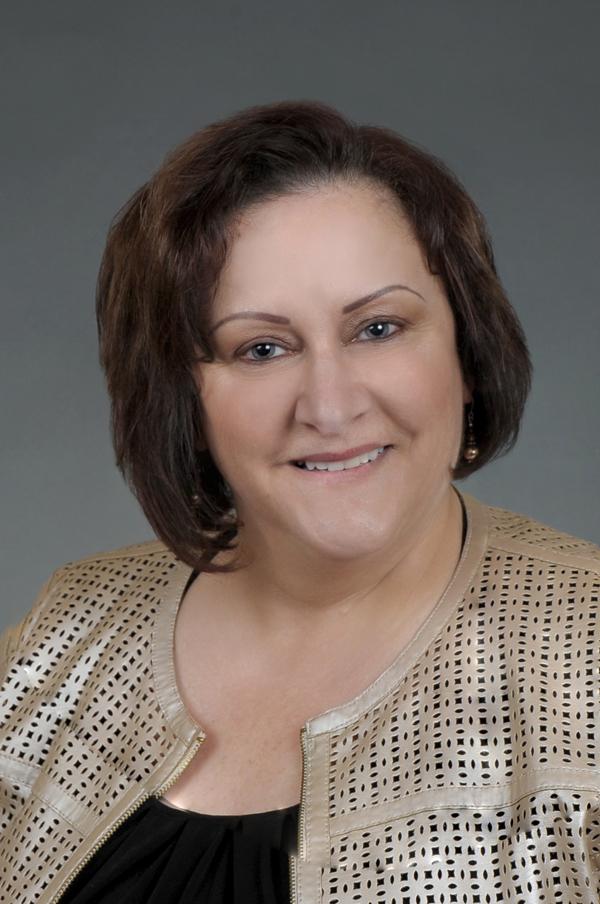MPI’s Association Professionals Community had the good fortune to hear from two industry veteran suppliers on Aug 18. During a one-hour hot topic session Kellie Cahill, CMP, Commercial Director, New York Hilton Midtown, and Michael Farrell, CTA, President|Founder, Redstory, joined forces to cover the topic of contracts. While the chat was structured to address force majeure, performance, and cancellations, it took on a course of its own and we let it progress organically. Read on for some of the wisdom shared.
Cahill assured us compression in the marketplace is real. Suppliers aren’t trying to strong arm groups into signing contracts by saying availability is limited. Availability truly is limited. Groups have moved their events from season to season beginning in March 2020 and that will continue. Additionally, many hotels have closed which adds to the compression as unbridled demand exceeds the supply of 2019.
Continue to expect turnaround times to be longer for transactions. Limited staff teams of venues and suppliers have been in place since spring 2020. While teams are being brought back as business volume increases, staffing levels are not where they were prior to the pandemic. As Farrell told us, “There’s been a loss of highly talented workforce who have moved on to other positions for steady income or retired.” Replacing these individuals is not an easy task and not something that will happen quickly.
Identify project milestones. Farrell is a proponent of project milestones detailed in service agreements as a means of transparency. Just like planners, suppliers have been forced to do business in new ways. Be sure future contracts outline a deposit schedule. Then, should a group decide to postpone or cancel an event, it will be clear what work has been completed and will be invoiced. And all may not be lost. If the pivot is to a digital event, discuss ways in which the completed work may still be valuable. If not for the virtual event perhaps the organization has other initiatives in progress that could be enhanced by the completed work.
Stay in touch at scheduled intervals leading up to an event. Cahill suggested 90-60-45 days out to conduct a call. As a customer of the Hilton’s with an October event on the books, my organization started our conversation in January and continued monthly to share what we each knew at that point in time. These talks should be no holds barred. If a group is at 23% of its block, a hotel should ask about that. If a planner has concerns about staffing levels and quality of service that should be put on the table.
Budget wisely. Prices are going up, and it’s not because suppliers are looking to make up for lost revenue. Both Cahill and Farrell assured us there is no making up for what’s been lost. Some commodities can’t be obtained, and some, such as coffee, have seen a 51% increase. Cahill was quick to share that her personal goal was for every customer to have the sentiment that the hotel did everything possible during this time. She further told us, “The goal of the hotel, coming out of the pandemic, is not to make a profit but minimize loss.” Farrell is leading Redstory with a reset approach. He told us, “There is power in community and looking forward.” As an experiential marketing agency, he’s most interested in the true value of his work and that is determined by what the attendees recall after the fact.
Be flexible. Timeframes make a big impact on decision making. Suppliers need to be flexible, but so do planners. A group estimated at 1000 people that drops to 100 people should not expect to keep concessions in place that were based on the original estimate. That’s not a fair ask, and not a fair assumption that the venue would still want this piece of business. While the goal of all suppliers is to get back to meeting in person, it must make financial sense to do so. While you might want to retain the same amount of space for a lesser amount of people, room rental is based on square footage, not how many people are in the space. Also, remember another reality that hoteliers live by – the profitability of rooms far exceeds that of food & beverage. Less people in attendance will take less rooms and while you may increase what and when you feed them during your event, a decrease in rooms is not balanced out by an increase in meals or breaks. A meeting planner can help try to counter the loss of rooms by starting a discussion with your hotelier more than five months out to see if you can renegotiate a reduction in your room block inventory that will allow the hotel to resell rooms at a rate that is profitable for them. These discussions are typically on a case-by-case basis.
Next time. The Hot Topic Chat ended with a probing question – a question not so much for the supplier experts Cahill and Farrell, but more for the association professionals in the audience. It was, “How does all of this get communicated to internal and external leadership as well as the membership?” We didn’t have time to get it answered that day except for Cahill sharing that she was glad that wasn’t her job. We will get it answered in next month’s Hot Topic Chat.
If you haven’t done so yet, join the Association Professionals Community and spend an hour with us in October for our chat on bridging the communication gap between staff and volunteer leaders/members. Learn or share how to keep in touch on the event status in the ever-changing pandemic-driven world of getting back to meeting in person.



